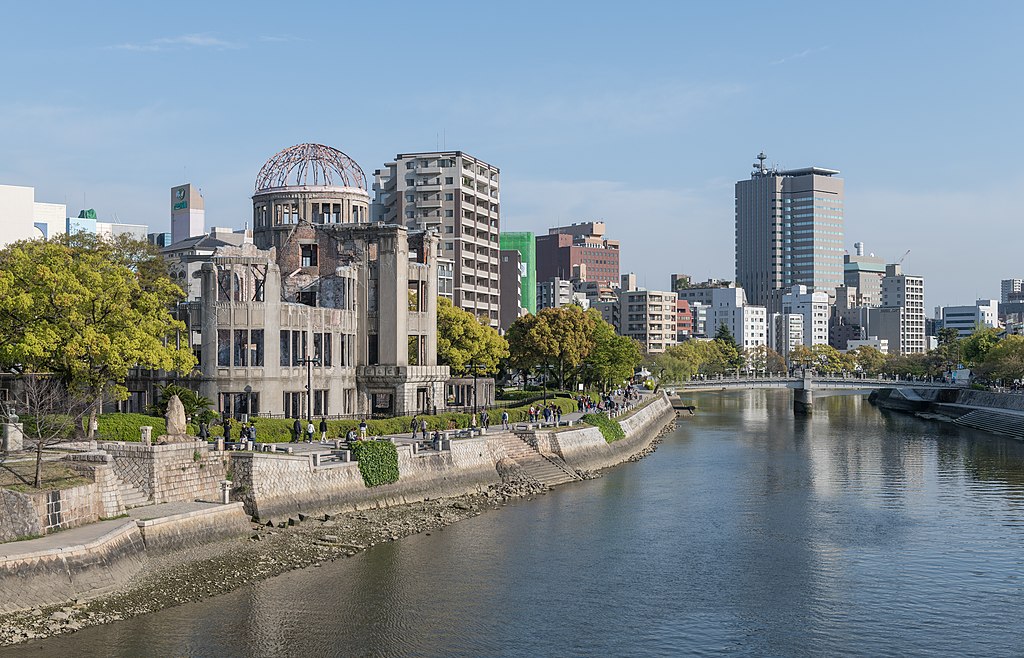Hiroshima bomb survivor takes English lessons again at 82 to tell his story
Kunihiko Iida was three years old when he was seriously injured in the blast. He feels an urgency to speak not only to fellow Japanese, but also to foreign visitors. “It will be tough to abolish nuclear weapons without spreading awareness of the reality of what happened,” he said. About 107,000 survivors (Hibakusha) are still alive today, their existence marked forever by the two US bombs.
Tokyo (AsiaNews) – A 82-year-old survivor of the atomic bomb in Hiroshima has begun taking one-to-one lessons to improve his English, in the belief that the increase in global conflicts makes his mission to communicate the horrors of nuclear weapons to the world more urgent than ever.
The Japanese Kyodo News agency reports that Kunihiko Iida was just a toddler when the United States dropped an atomic bomb that devastated Hiroshima on 6 August 1945, leaving him with long-lasting health problems.
Iida has been talking regularly to Japanese visitors to Hiroshima and is often asked to talk about his experiences to students, but he was inspired by the G7 summit in Hiroshima last year to reach a wider audience.
“It will be tough to abolish nuclear weapons without spreading awareness of the reality of what happened (in Hiroshima). So many people don't know," he said.
"With more overseas tourists coming to Japan, I want more opportunities to tell my story in English. Relying solely on Japanese is limiting," Iida said.
In Japan, the number of survivors of the two atomic bombs of Hiroshima and Nagasaki, known as Hibakusha, is dwindling and so are first-hand memories of the attacks and horrors they brought.
According to the Ministry of Health, Labour and Welfare, the number of survivors stood at about 107,000 in March, with an average age of 85.6 years.
At the Hiroshima Peace Museum, only 32 survivors, including Iida, are actively providing testimony.
At the time of the bomb blast, Iida was 3 years old and a few moments earlier he was playing in his grandparents' garden, 900 metres from the hypocentre of the explosion.
"My field of vision went completely white, and I was thrown into the air," he recounted.
Buried under the rubble, with wounds caused by broken glass, and surrounded by "everything going silent,” he was saved by a family member.
"I don't remember a single day when I was healthy as a child -- I had constant headaches and dizziness," he said, noting he was told at one point he would not be able to go to high school.
Iida studied English in junior high school and continued to learn the language as an adult to better communicate with international colleagues at a machine manufacturing company.
However, “I lost a lot of my English ability from being unable to use it for so long," he said to explain his reason to learn the language again.
Despite the sense of hope aroused by the G7 summit in Hiroshima, Iida feels the urgent need for global awareness and political action against nuclear weapons, citing Russian President Vladimir Putin's threat to use nuclear weapons and calls by an Israeli minister to hit the Gaza Strip with a nuclear bomb during the ongoing conflict.
“Nuclear weapons are often used as threats, but in reality, there are no winners in their use," Iida said.
06/08/2020 10:04







.png)










